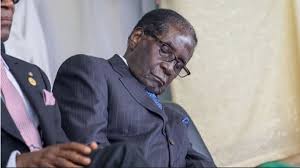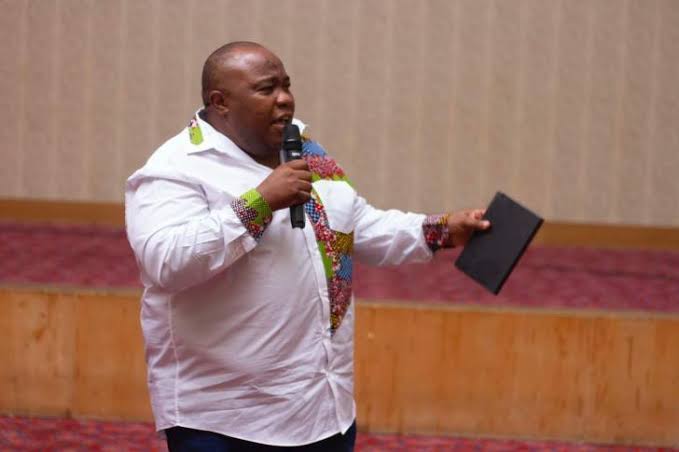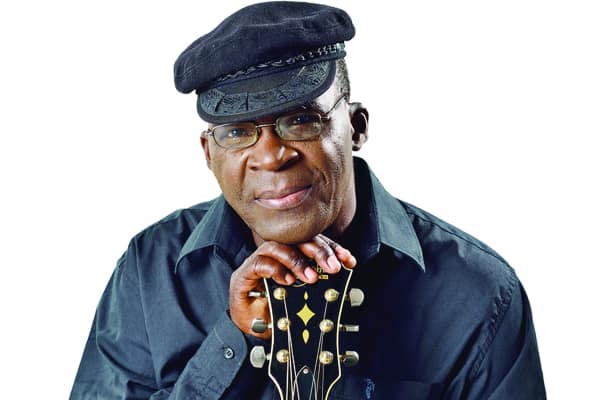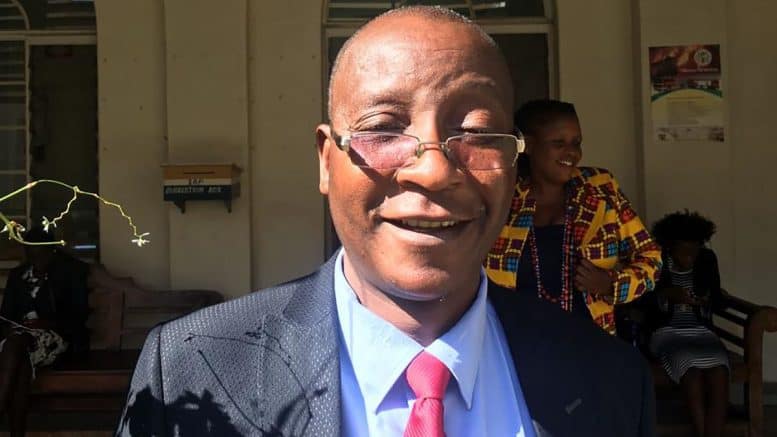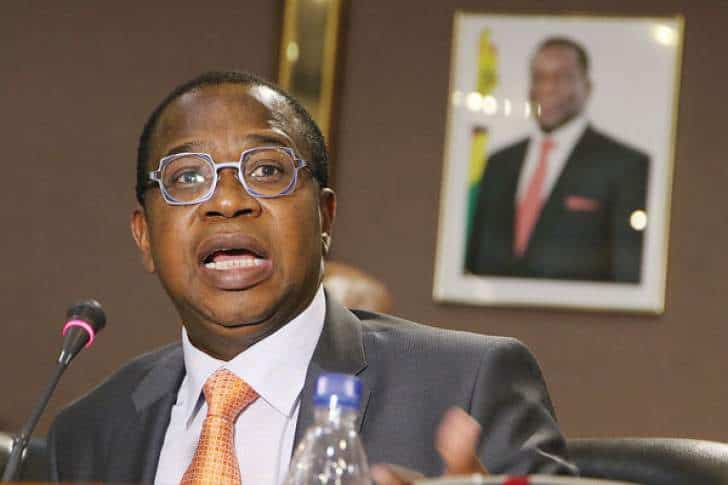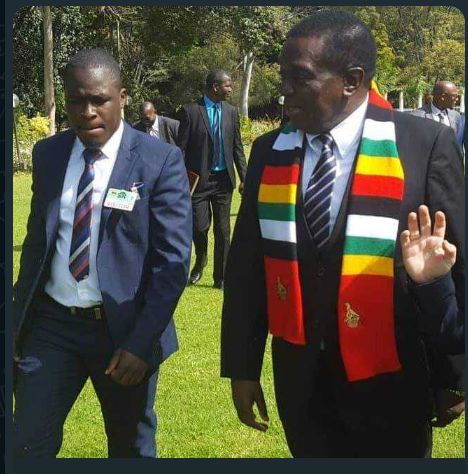Charles Mabhena
The Parliament of Zimbabwe has announced that the public hearings on the Constitutional amendment 1 of 2017 that seeks to give President Robert Mugabe the power to single-handedly appoint a Chief Justice of his choice will start on Friday 17 February to Friday the 24th.
The Parliamentary Portfolio Committee on Justice, Legal and Parliamentary Affairs will conduct public hearings across the country with the view to get their input.
When the bill sail through and becomes law, it would give Mugabe excessive powers to make top judicial appointments that suit his personal interests.
Mugabe who is turning 93 years old on 21 February 2017 is already enjoying too much power even under this new Constitution of 2013. He has been at the helm of the country for nearly four decades despite this coupled by old age, his appetite for power is getting sweeter and better with age like wine, he is even more thirsty and hungry for it, and like Oliver Twist, he still asks for more.
Under the current Constitution, the President has the power to appoint heads of Defence Forces, the Police Service, the Central Intelligence Services, the Prisons Services without reference to the Cabinet, though he must consult individual ministers responsible, whose recommendations he can lawfully disregard, Sections 110, 216, 221, 226 and 229.
He can also without reference to Cabinet or anyone else dismiss members of the Service Commissions responsible for the above mentioned arms of the state, as spelt out under Sections 110, 202, 217, 222, and 230 of the Constitution.
He reserves the right to deploy the Defence Forces inside or outside the country without consulting Cabinet or anyone; though has to tell Parliament after as to why he acted that way.
He merely consults the Cabinet, or responsible ministers, but is not bound to follow their recommendations.
In all that, the President has huge personal powers under this Constitution, more than he could exercise under the Lancaster House Constitution.
So the bill if enacted will further extend those personal powers.
Meanwhile, according to Veritas Zimbabwe, the reasons for amending section 180 of the Constitution unconvincing and premised on sheer greediness, and not good for democracy.
The think tank says the reason being given that juniors cannot evaluate seniors doesn’t hold any water at all, as even in the corporate world people are evaluated by others who may be juniors. The fact that the evaluating officers are lawyers and professionals is enough to render credibility to the process.
Furthermore, this amendment should it sail through, would jeopardise the separation of powers between the three arms, Executive, Legislature and the Judiciary, as emphasised in the Constitution.

